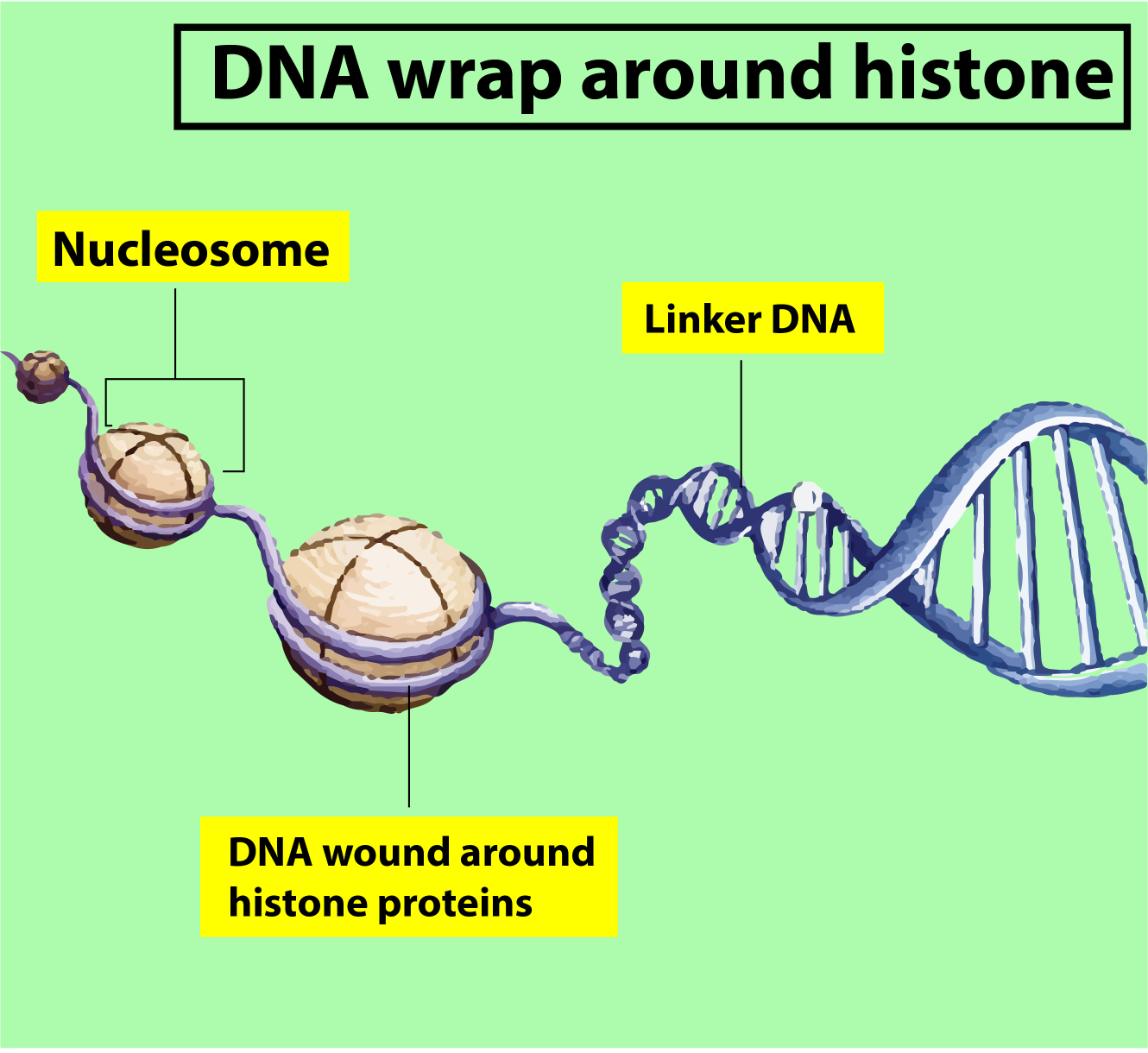Question
Question: Bacteria differs from eukaryotes in the absence of (A)DNA (B)Basic proteins (C)Histones (D)...
Bacteria differs from eukaryotes in the absence of
(A)DNA
(B)Basic proteins
(C)Histones
(D)Both B and C
Solution
In bacteria, the DNA is mostly a single circular molecule. As DNA is very long, it needs to be compressed to get stored properly. Bacteria compress their DNA into smaller spaces through supercoiling with help of some basic proteins.
Complete answer:
In eukaryotes, the protein that binds DNA is is known as histone but in Bacteria i.e prokaryotes, proteins which bind DNA is not histone but it is a histone-like protein as it’s most of the biochemical property resembles that of the eukaryotic histone protein.
Additional Information: Bacteria i.e prokaryotes differ from eukaryotes not only in absence of histone protein but also in many other criteria. For example, bacteria lack membrane-bound organelles like Mitochondria, Endoplasmic reticulum, Golgi apparatus, and even the true nucleus is also absent in bacteria. Instead of a true nucleus, bacteria have a nucleoid that is irregular in shape and contains most of the genetic information. Like the nucleus, it is not surrounded by a nuclear membrane. Sexual reproduction is absent in bacteria. They replicate by binary fission i.e asexually. Many bacteria also contain the capsule made up of carbohydrates which help them to increase disease-causing ability as they can easily escape from macrophages i.e engulfing cells because the capsule is present.
So, the correct answer is 'Histones’.
Note: Other than bacterial DNA, bacteria also contain some small, circular, double-stranded DNA molecule which is known as a Plasmid. Plasmids are not necessary for living but give a genetic advantage to bacteria. For example, it provides antibiotic resistance to bacteria.

